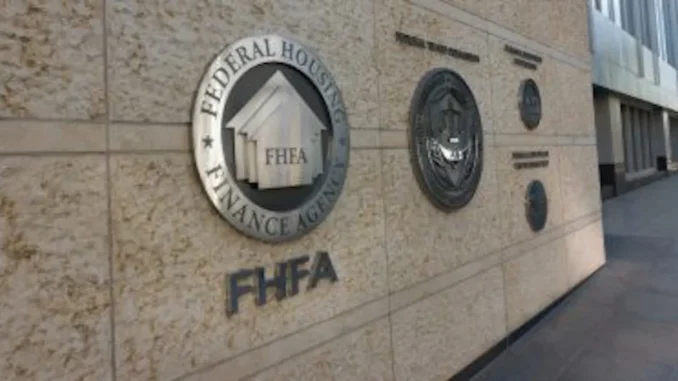
The Community Home Lenders of America (CHLA) this week submitted a letter to the Federal Housing Finance Agency (FHFA) in response to a recent request for input (FRI) on GSE single-family pricing framework. Its message? The trade group asked the regulator to “make no further changes for an extended period of time.”
The original RFI published in May was designed to gather public feedback on goals and policy priorities the agency should pursue in its oversight of the pricing framework.
CHLA says that its recommendation comes from the idea that “Enterprise pricing changes can create short term transition risk for lenders as they approach dates where prices change and that frequent pricing changes can pose a cost and resource burden on lenders, particularly with respect to necessary IT changes,” the letter said.
Because of this, CHLA says it would be “comfortable” if guarantee fees and loan-level pricing adjustments (LLPAs) remained at current levels for a “significant period of time,” which they define as through the end of 2024.
CHLA, which represents smaller lenders, said it continues to be “extremely critical” of a move by Congress at the end of 2021 to renew a 10 basis point increase to mortgage fees that Fannie Mae and Freddie Mac indirectly charge to consumers. The additional revenue generated by these fees was allocated for infrastructure spending.
The organization is critical of the move because “the proceeds of such fee collections [are] being used solely to pay for non-housing federal expenditures under the federal budget process,” the letter said. “This is a much broader concern than just Enterprise loans. CHLA has long been a vocal critic of budget and appropriations actions and rules under which federal agency mortgage loan fees are diverted to pay for non-housing spending.”
Because of that, CHLA is renewing its request to rescind the 10 basis point increase.
After expressing appreciation to FHFA for Preferred Stock Purchase Agreement (PSPA) changes that established guarantee fee parity, CHLA requests that such parity be extended to mortgage insurance pricing, and that a recent 400% increase by FICO for its credit scores should be scaled back to align more consistently with inflation.
“[FHFA] should direct FICO to eliminate the preferential pricing it arbitrarily gave to a select group of 54 lenders,” the letter said. “It is reasonable for FHFA to take such action, since FHFA requires a credit score on all Enterprise loans.”
Proposed LLPA changes to conventional mortgages initially announced in January have been a source of controversy. The mortgage industry itself expressed nervousness at the prospects of the changes, and an uproar eventually led to a sustained front of opposition by lawmakers in the U.S. House of Representatives which introduced a bill designed to block such changes from going into effect.
The changes specific to conventional borrowers with debt-to-income (DTI) levels at or above 40% were ultimately rescinded, but not before House Republican lawmakers took aim in a House Financial Services subcommittee hearing and an additional hearing with FHFA Director Sandra Thompson as a witness.
“I want to be very clear on one key point, and one that bears repeating: under the new pricing framework, borrowers with strong credit profiles are not being penalized to benefit borrowers with weaker credit profiles,” Thompson said during the hearing. “That is simply not true.”



